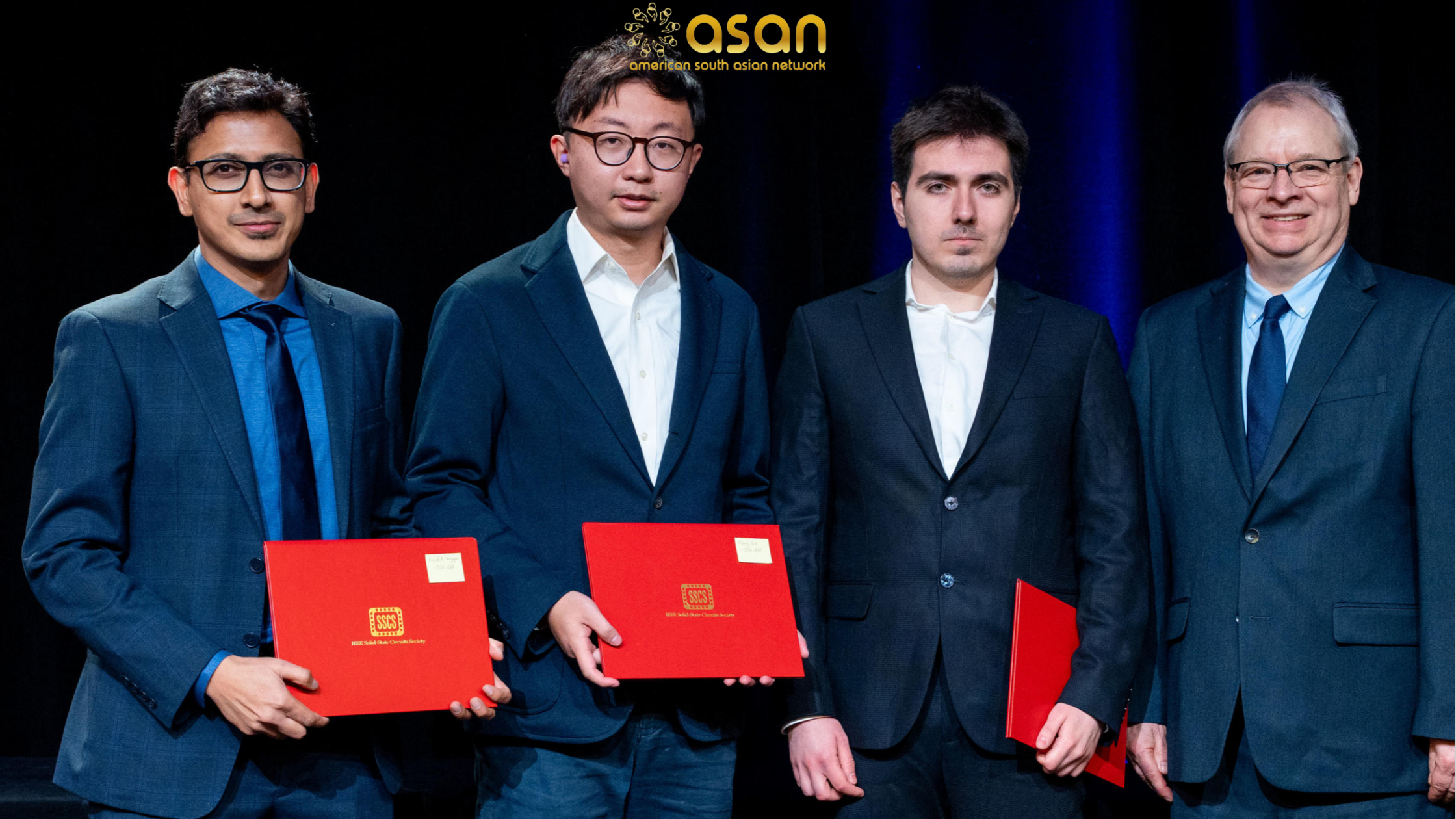A groundbreaking study led by Princeton University’s Professor Kaushik Sengupta has been recognized with the 2023 Best Paper Award from the IEEE Journal of Solid-State Circuits.
The award, presented at the IEEE International Solid-State Circuits Conference (ISSCC) in San Francisco, honors the team’s pioneering use of artificial intelligence (AI) in revolutionizing the design of next-generation wireless chips.
Transforming Wireless Chip Design with AI
The awarded research introduces a novel AI-driven approach redefining how wireless chips are designed.
Traditionally, chip design follows a forward engineering process, starting with basic building blocks and iteratively refining them to achieve desired outcomes.
In contrast, the AI system developed by Sengupta’s team flips this methodology, beginning with the target performance specifications and working backward to determine the optimal circuit architecture.
This innovative, reverse-engineered AI system has led to significant breakthroughs:
Drastic reduction in design time: The process that previously required weeks of expert labor is now accomplished within hours.
Expanded frequency capabilities: The AI-designed chips operate across all millimeter-wave bands from 30 to 94 GHz, covering an unprecedented range.
Increased efficiency: The AI-generated designs are often counterintuitive, featuring intricate electromagnetic structures that surpass conventional human-engineered designs.
Contributors to the Award-Winning Research
The study was co-authored by Emir Ali Karahan, a Princeton graduate student, and Zheng Liu, a former Princeton researcher now working at Texas Instruments’ Kilby Labs.
Their contributions played a crucial role in successfully implementing this AI-driven methodology.
Professor Kaushik Sengupta, a Fellow of the Institute of Electrical and Electronics Engineers (IEEE) and a professor of electrical and computer engineering at Princeton, has been at the forefront of cutting-edge wireless technology research.
He co-founded the university’s Next-G Initiative, an advanced communications research program launched in 2023 aimed at pushing the boundaries of next-generation wireless systems.

The Significance of the IEEE Award
The IEEE Journal of Solid-State Circuits, established in 1966, is one of the most prestigious publications in the field of integrated circuit design.
The Best Paper Award is given annually to recognize outstanding contributions to the field, with the winning research selected based on its innovation, impact, and technical excellence.
This recognition further cements Sengupta’s influence in wireless technology and AI integration. He has received numerous accolades throughout his career, including:
- DARPA Young Faculty Award
- Office of Naval Research Young Investigator Award
- Bell Labs Prize
Sengupta, who joined Princeton University’s faculty in 2013 after completing his Ph.D. at the California Institute of Technology (Caltech), continues to drive innovation in the realm of advanced wireless systems.
AI’s Role in the Future of Chip Design
The impact of this AI-driven approach extends far beyond academic recognition. The ability to rapidly generate optimized chip architectures can lead to:
- Faster development cycles for 5G and 6G networks
- Enhanced energy-efficient chips for IoT and smart devices
- Cost-effective solutions for next-gen wireless communication systems
With AI rapidly reshaping various engineering disciplines, the Princeton team’s AI-enabled chip design framework serves as a blueprint for future advancements in semiconductor research.
By bridging artificial intelligence with electronic engineering, the team has demonstrated how machine intelligence can unlock new frontiers in hardware design.
The IEEE Best Paper Award marks a milestone in the evolution of AI-driven engineering, reinforcing Princeton’s role as a leader in the development of next-generation wireless technologies.
Impact of This News on South Asians in the USA
Kaushik Sengupta’s achievement highlights the growing influence of South Asian researchers in cutting-edge technology and AI-driven innovation.
His success serves as an inspiration for aspiring South Asian engineers, reinforcing their role in shaping the future of semiconductor and AI research.
This recognition at IEEE underscores the contributions of Indian-origin scientists in global tech advancements, encouraging increased representation in academia and industry.
It also strengthens opportunities for South Asian students in STEM fields, motivating institutions and corporations to foster diversity, mentorship, and leadership roles for the community in high-impact technological research.



